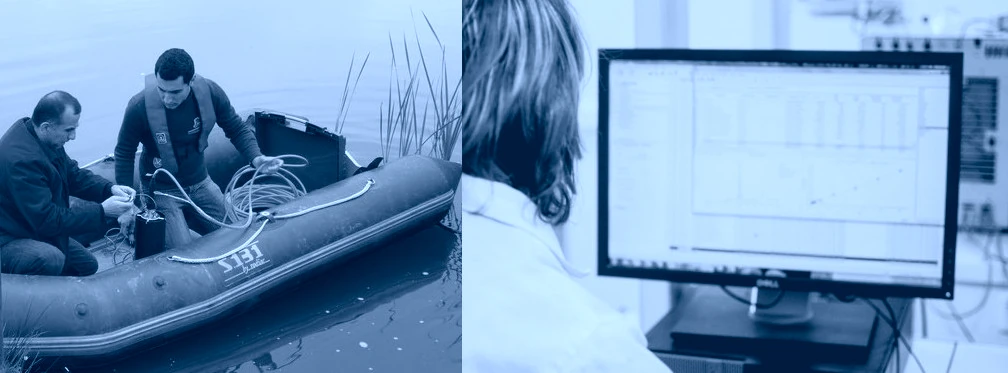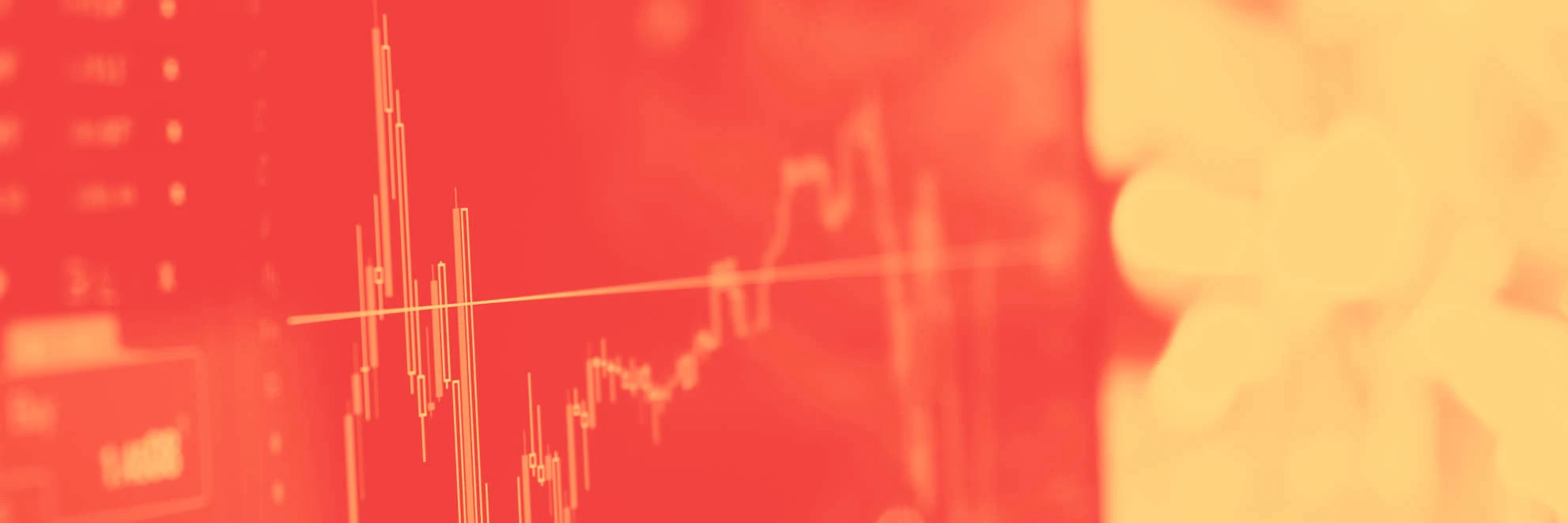- Recrutements
- Contacts
- Annuaires
- Choix du langage :
Dernières publications
934.
- titre
- Assessing water quality restoration measures in Lake Pampulha (Brazil) through remote sensing imagery
- auteur
- Alexandre Assunção, Talita Silva, Lino de Carvalho, Brigitte Vinçon-Leite
- article
- Environmental Science and Pollution Research, 2025, ⟨10.1007/s11356-025-35914-6⟩
- titre
- Do suspended particles matter for wastewater-based epidemiology?
- auteur
- Gauthier Bernier-Turpin, Régis Moilleron, Chloé Cenik, Fabrice Alliot, Sabrina Guérin-Rechdaoui, Thomas Thiebault
- article
- Water Research, In press, 280, pp.123543. ⟨10.1016/j.watres.2025.123543⟩
- titre
- Plastic debris dataset on the Seine riverbanks: up to 38 000 pre-production plastic pellets reported per square meter
- auteur
- Romain Tramoy, Laurent Colasse, Johnny Gasperi, Bruno Tassin
- article
- Data in Brief, 2025, pp.111735. ⟨10.1016/j.dib.2025.111735⟩
- titre
- La persistance des champs d’épandage d’eaux usées de l’agglomération parisienne au cours du second XXe siècle
- auteur
- Etienne Dufour
- article
- Métropolitiques, 2025, ⟨10.56698/metropolitiques.2174⟩
- titre
- Stock and vertical distribution of microplastics and tire and road wear particles into the soils of a high-traffic roadside biofiltration swale
- auteur
- Max Beaurepaire, Tiago de Oliveira, Johnny Gasperi, Romain Tramoy, Mohamed Saad, Bruno Tassin, Rachid Dris
- article
- Environmental Pollution, 2025, 373, pp.126092. ⟨10.1016/j.envpol.2025.126092⟩
Thème 1 : Vers des modèles de gestion des eaux urbaines plus résilients
Description du Thème 1.
Dans le contexte des changements globaux, il apparait nécessaire d’envisager les voies possibles d’évolution des systèmes d’assainissement qui permettraient de faire face aux enjeux du XXIe siècle. De nouvelles approches de gestion des eaux, des flux de nutriments ou de polluants sont en effet en développement : elles visent notamment à prendre en compte la valorisation des ressources carbonées, azotées et phosphorées aujourd’hui présentes dans les eaux usées, les eaux pluviales et les opportunités qu’elles offrent en termes d’adaptation au changement climatique, à valoriser les ressources en eau alternatives à l’eau potable, tout en limitant la consommation d’énergie et l’impact environnemental des systèmes urbains.
Cette thématique porte donc sur l’analyse d’objets socio-techniques émergents, liés à la gestion des eaux et des matières et des filières qui y sont associées, et vise à évaluer leur performance dans une approche interdisciplinaire ainsi qu’à optimiser leur fonctionnement et à favoriser leur déploiement. Les nouveaux modèles de gestion étudiés sont plus ou moins en rupture par rapport aux modes de gestion dominants et supposent des changements dans les pratiques des acteurs de la ville (gestionnaires, constructeurs, habitants, associations...), qu’il s’agisse de mettre en œuvre une séparation à la source des urines et matières fécales en vue de leur valorisation agricole ; l’utilisation ou recyclage d’eaux non conventionnelles à l’échelle de la parcelle ou du quartier ; ou encore la diffusion de la gestion à la source eaux pluviales.
Le thème est constitué de plusieurs sous-thèmes :
- Gestion intégrée des eaux pluviales
- Séparation à la source et gestion des excrétas urbains
- Ressources en eau alternatives et réutilisation

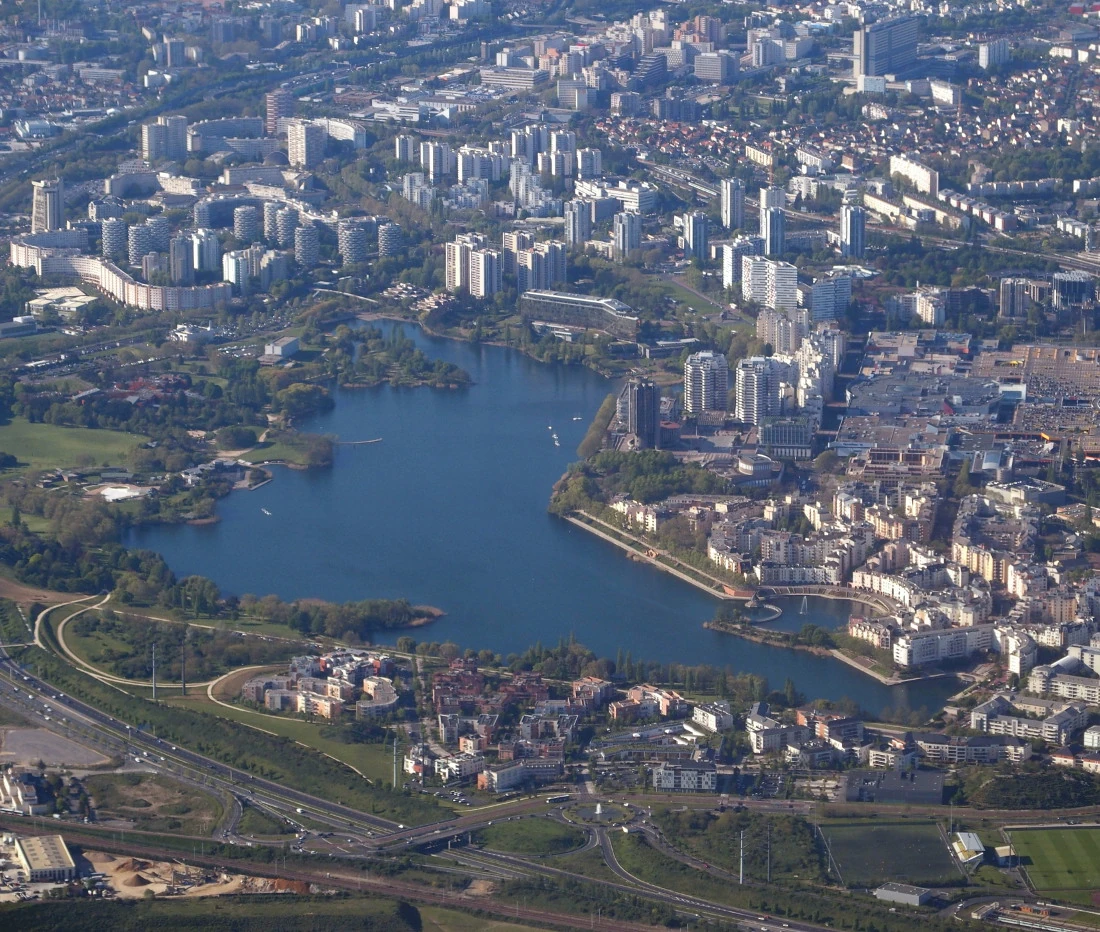




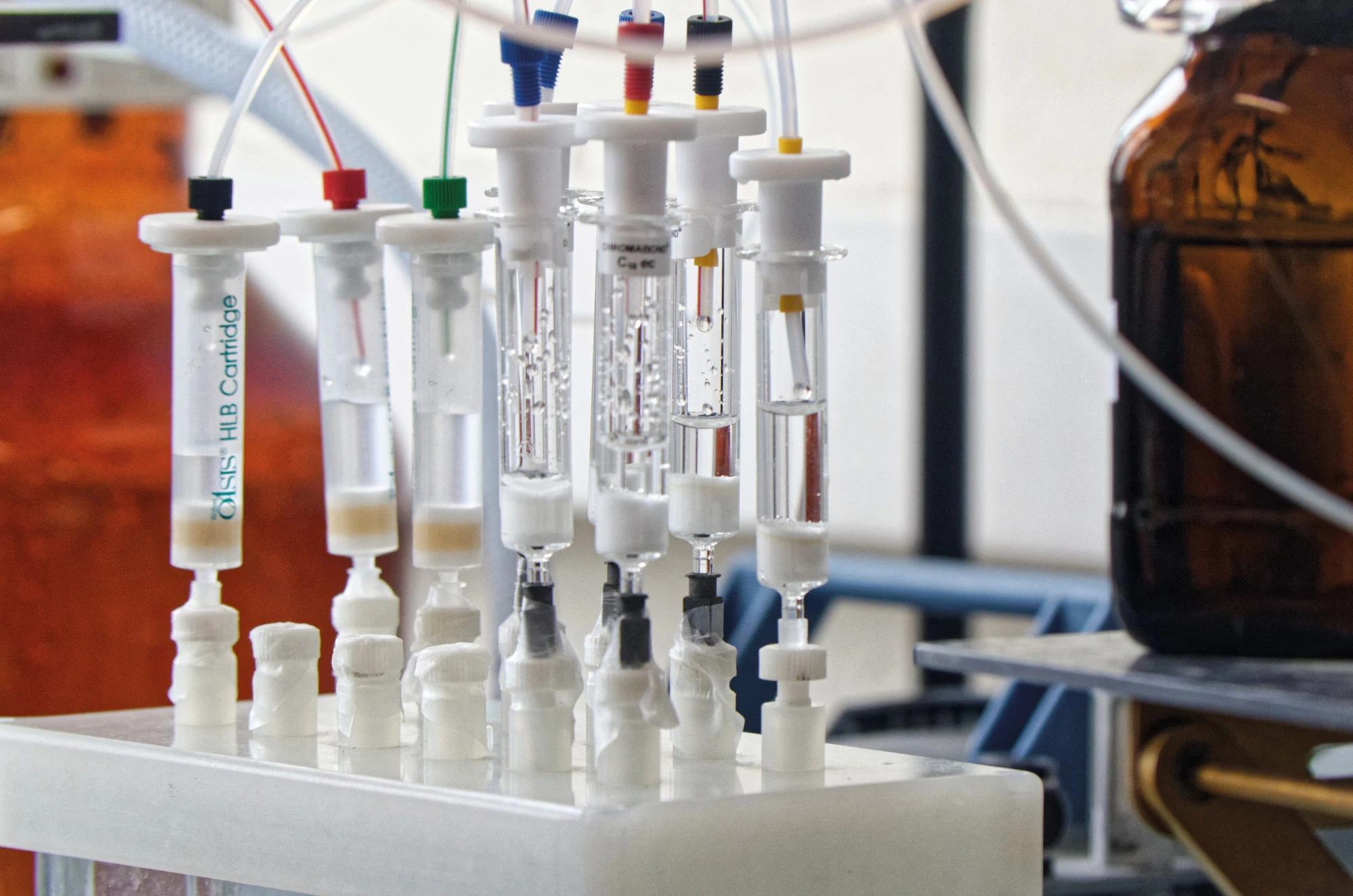
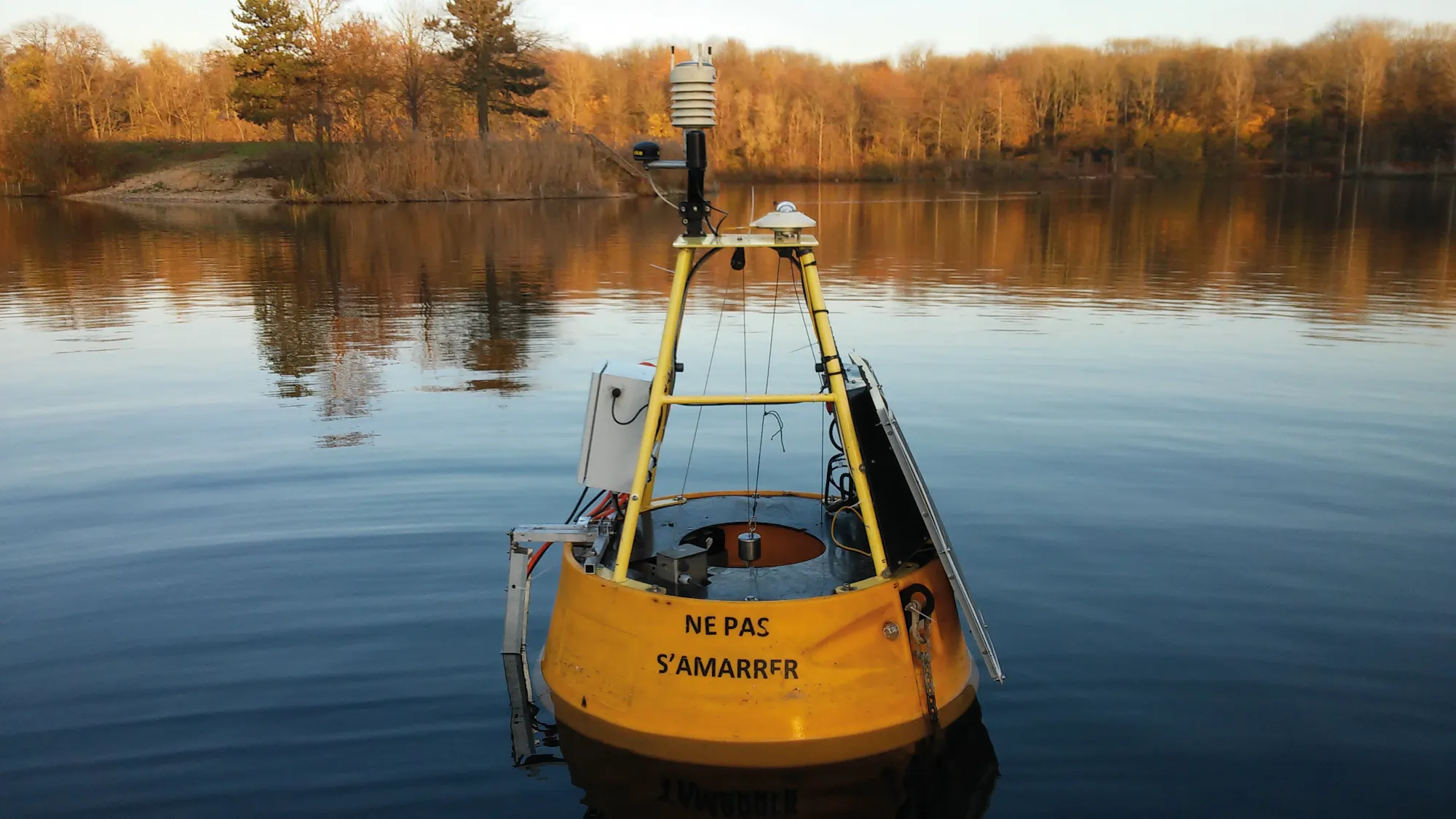
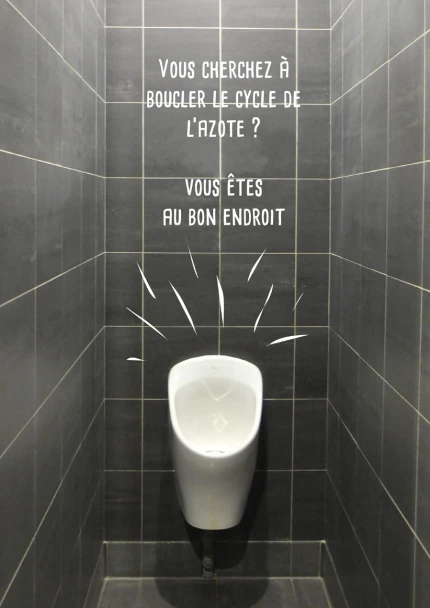
 Productions scientifiques
Productions scientifiques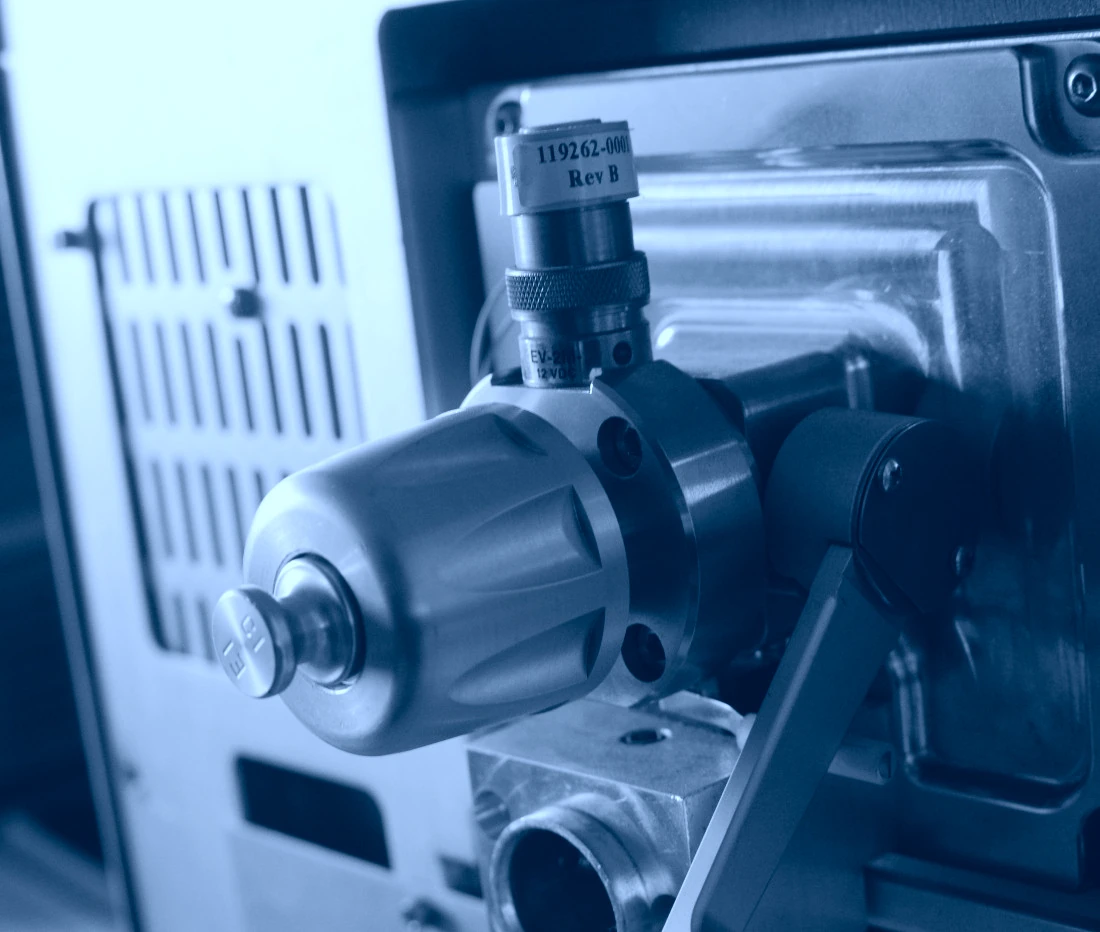 Moyens techniques et équipements
Moyens techniques et équipements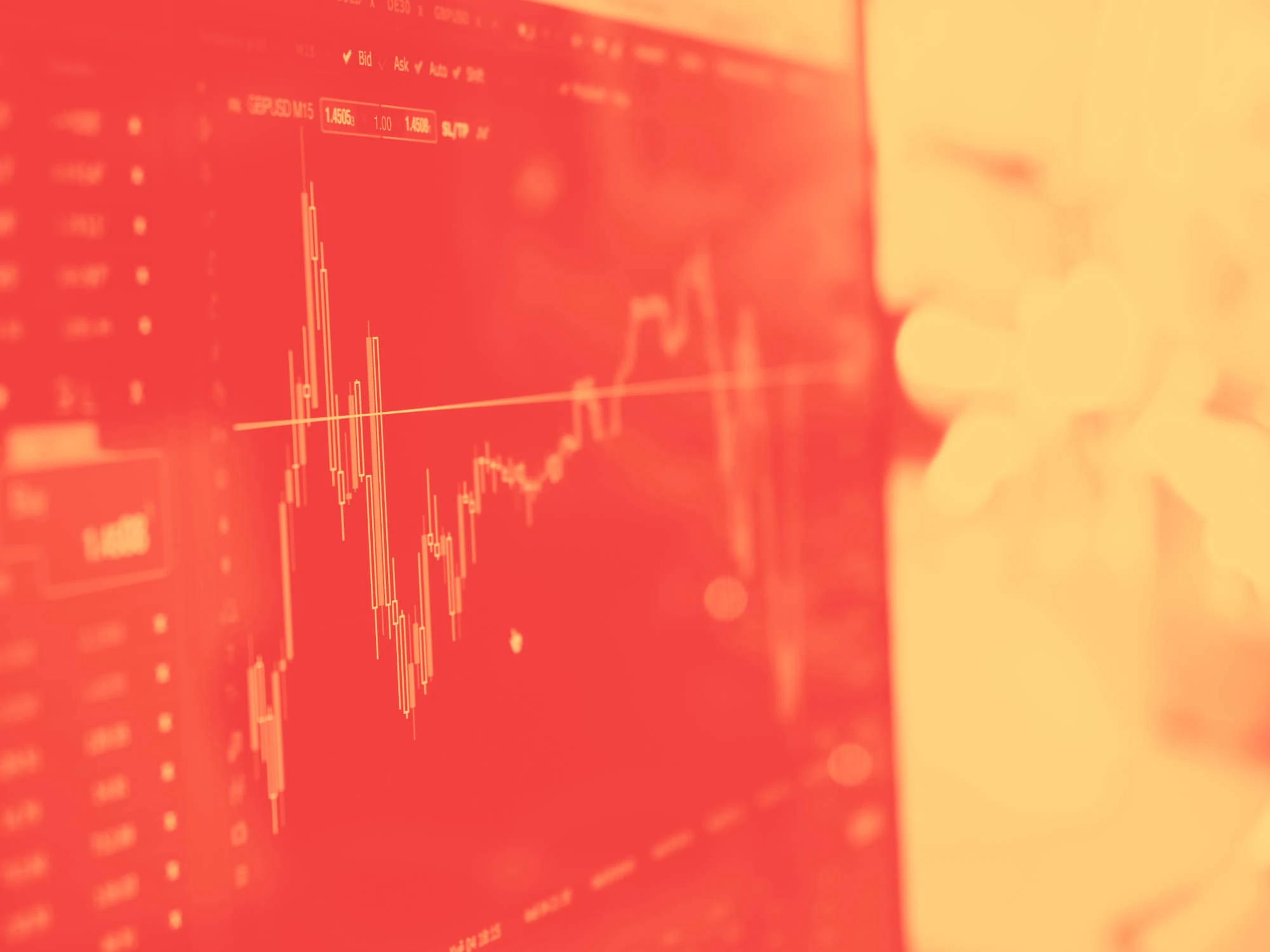 Expertise et disciplines
Expertise et disciplines
